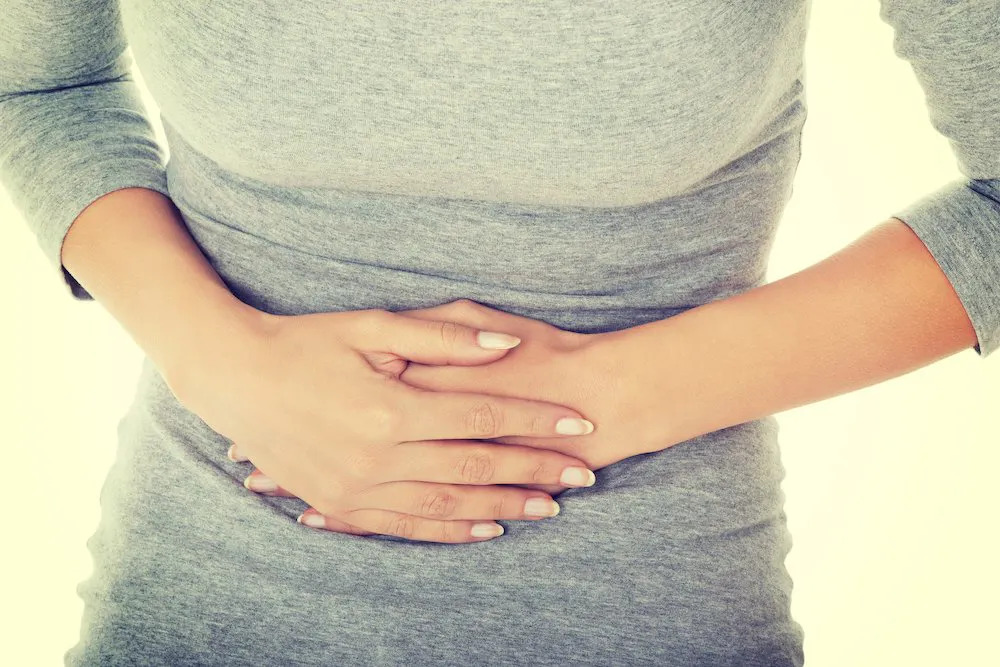Fibroids and endometriosis are two common yet often misunderstood conditions that affect many women globally. Both can cause significant discomfort and impact quality of life. While conventional treatments usually involve medication or surgery, homeopathy offers a different approach to managing these conditions.
Let’s take a look at fibroids and endometriosis, their symptoms, and how homeopathy can be a supportive option.
What are Fibroids and Endometriosis?
Fibroids, develop in the muscular wall of the uterus. They are quite common, with estimates suggesting that up to 70-80% of women may have them by age 50. While many women with fibroids experience no symptoms, others can face significant health issues.
Endometriosis, on the other hand, is a condition where tissue similar to the lining of the uterus grows outside the uterine cavity. This endometrial-like tissue can be found on the ovaries, fallopian tubes, and other organs within the pelvis. Endometriosis affects approximately 10% of women of reproductive age and can be particularly challenging to diagnose.
Symptoms of Fibroids:
- Heavy Menstrual Bleeding: This can lead to anemia and fatigue.
- Pelvic Pain or Pressure: Some women experience pain or a feeling of heaviness in the pelvic region.
- Frequent Urination: Large fibroids can press against the bladder.
- Painful Intercourse: Discomfort during sexual activity can occur.
- Constipation: Pressure on the intestines may cause digestive issues.
Symptoms of Endometriosis:
- Severe Menstrual Cramps: Pain often worsens over time and can interfere with daily activities.
- Chronic Pelvic Pain: Pain can occur at any time during the menstrual cycle.
- Painful Intercourse: Discomfort or pain during or after sexual activity is common.
- Infertility: Endometriosis can affect fertility and make it difficult to conceive.
- Digestive Issues: Symptoms such as diarrhea, constipation, and nausea may be experienced, particularly during menstruation.
Being an alternative medicine practitioner in Birmingham, we offer holistic health solutions that complement or replace conventional treatments to promote overall well-being.
Homeopathic Remedies for Endometriosis
Homeopathy focuses on treating the individual rather than just the disease. Remedies are chosen based on a person’s specific symptoms and overall health.
- Calcarea Carbonica: Often recommended for women who experience heavy, painful periods with a feeling of weight in the pelvis. It can also be helpful for those who feel exhausted or overwhelmed.
- Sepia: This remedy is frequently used for endometriosis-related symptoms such as a dragging sensation in the pelvis and mood swings. It is beneficial for women who feel irritable, fatigued, and have a general sense of disconnection from their surroundings.
- Lachesis: Useful for those experiencing intense pelvic pain that worsens before menstruation. Lachesis may also be indicated when symptoms are better with a heavy flow.
- Belladonna: Suitable for acute, severe pain that comes on suddenly and is accompanied by other symptoms such as throbbing pain and sensitivity to touch.
Homeopathic Remedies for Fibroids
As endometriosis, homeopathic remedies for fibroids are selected based on the individual’s unique symptoms and overall constitution.
- Symphytum: This remedy can be beneficial for fibroids causing pain or discomfort in the pelvic area and is often used to support overall uterine health.
- Thlaspi Bursa Pastoris: Known for its use in treating fibroids with heavy bleeding. It helps in cases where the bleeding is profuse and associated with a sensation of pressure or pain.
- Pulsatilla: Recommended for fibroids that cause heavy bleeding and are accompanied by mood swings and a desire for consolation. It can help manage irregular menstrual cycles and pelvic pain.
- Agnus Castus: Often used for fibroids where there are symptoms of hormonal imbalance, such as irregular menstrual periods and a feeling of heaviness in the lower abdomen.
Conclusion
Fibroids and endometriosis can significantly impact a woman’s life, causing various physical and emotional symptoms. While conventional treatments are often necessary, homeopathy offers a holistic approach that can complement traditional therapies. By focusing on the individual’s unique symptoms and overall health homeopathy aims to support the body’s natural healing processes and alleviate discomfort associated with these conditions.
As always, it is essential to consult with a healthcare provider before starting any new treatment regimen, including homeopathy, to ensure it is appropriate for your specific situation.
Book a free 15-minute discovery call now.


One Comment